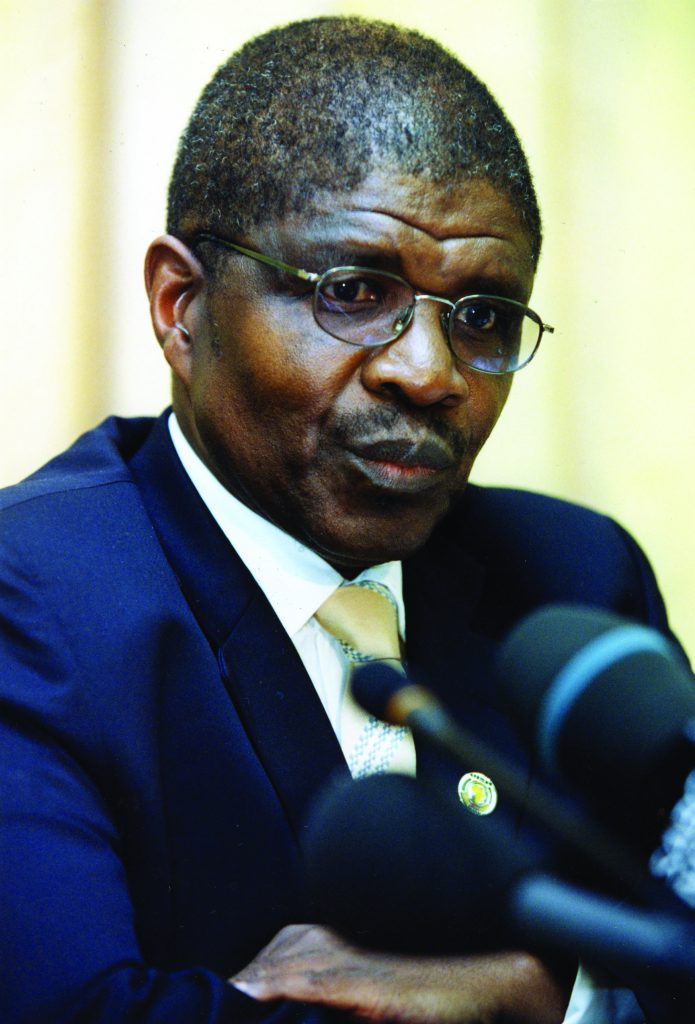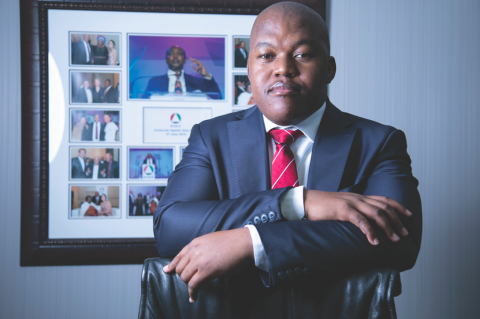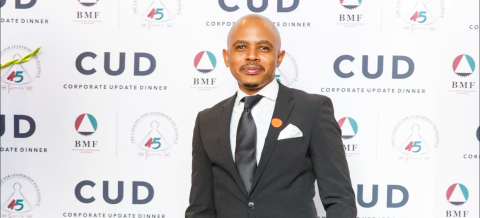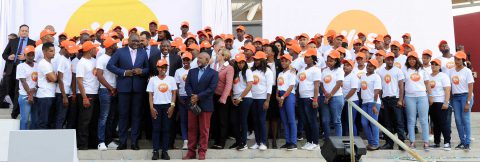African Leader
Think Independently, Invest In Skills
Nkuhlu, who was president of the BMF between 1992 and 1996, says to make its mark the existing BMF structures needs to play an advocacy role and fight for the advancement of high-level skills among black people, in order to deal with the persisting inequalities.
‘When a democratic government took office it was hoped that there would be a massive programme to send young black people to top universities globally to get the best skills. These are the things we were expecting to happen given the new government and they have not happened,’ says Nkuhlu.
‘The solution is not to just decry that there are few of them (black executives in key positions), but to produce more skills across the board. This matter has not received the attention that it should. If skills are not broadened among our people, inequality will not be solved. Skills will address the lack of inclusiveness of the economy and the inequality. If that does not happen, as black people, we will continue to view business as white.’
Nkuhlu, who at some point was economic advisor to former President Thabo Mbeki, concedes that in his time in government the culture globally was that of big business and small government. Economic resources needed to be preserved and this gave less room for a much more meaningful state intervention. However, he says post the 2008 financial crisis the world realised that not all could be left to business. Nkuhlu believes that government is now in a better position to intervene and fight inequalities.
Twenty years into democracy black people continue to be under- represented when it comes to top employment in the private sector.The 14th Commission for Employment Annual Report shows that large employers in the private sector had white people making up 67% of top management, Africans 19.8%, Coloured 5.1% and Indians 8.4%. In senior management, white people constituted 57% of those employed compared to 23% Africans, 7% Coloured and Indians, 11.1%.
Nkuhlu says among black people there is a need for a broader set of skills to be produced in order for them to take over top management and senior positions. He adds that there is a strong need for black peopleto start new companies rather than rely on minority stakes in companies being transferred from white to black.
Nkuhlu said fellow Africans like Nigerians and Kenyans looked at South Africans disparagingly, pointing to the fact that the local economywas not run by black Africans. He said that in its advocacy role the BMF needed to think independently, be professional, and be guided by research and evidence in its approach.
‘Much as we are a democracy, we can’t allow a situation where the voice of black professionals is stifled. It’s not about being anti-anybody else… As the BMF we have always said we need to stand on our own, criticise government, and be with them when they are doing right. BMF must think independently,’ says Nkuhlu, who now occupies the position of trustee of the International Financial Reporting Standards (IFRS), a body responsible for the governance of international accounting standards. Nkuhlu became South Africa’s first African chartered accountant in 1976, He headed up the BMF during the transition period to democracy from apartheid in South Africa. In this time at the BMF, Nkuhlu worked alongside the late empowerment doyen, Lot Ndlovu, who was then the managing director of the BMF.
Reflecting back two decades ago on their role in the BMF leader- ship, Nkuhlu says one of the issues that the organisation had to work on was a framework on how to develop high-level skills among black people for both business and the civil service. Then the BMF approached the black political leadership and worked together with them on how to best advance the creation of high-level skills across sectors of the economy, especially in mathematics, science, engineering, finance and project management.
‘During my time at the BMF and in my professional career, I have always had a strong view that the greatest damage apartheid caused was creating this gap in skills between black and white people,’ says Nkuhlu.
In Nkuhlu’s time, the BMF made representations to the new democratic government on how best to drive transformative policy. Some of the policies that were born out of these engagements included affirmative action and later black economic empowerment.
‘The next issue was of course implementation. We continued to play an advocacy role, shaming those who were not complying and congratulating those who were doing well.’
Nkuhlu himself is the product of an investment in skills. Having grown up in the rural Eastern Cape, Nkuhlu herded and milked livestock in his family kraal. At some point he was a migrant worker in the mines in the Free State. He got motivated to study and became South Africa’s first African chartered accountant. In the 1970s he had opened the first African chartered accountant practice, then known as WL Nkuhlu & Co.
Although he largely presents himself as a professional, beneath him is a political animal. His biography, Wiseman Nkuhlu – A Life of Purpose, shows that at Lovedale College he became more aligned with the Pan Africanist Congress, although he did attend some of the political discussions of the African National Congress, which were led by people such as Andrew Masondo from the nearby University of Fort Hare. They were taught about African leaders such as Julius Nyerere and Kwame Nkrumah, and this shaped his outlook on African politics. Student protests later on in his schooling career caused disruption of his studies, and his activism as a student ultimately led to his expulsion, arrest and imprisonment.
At the age of 19 Nkuhlu was imprisoned with fellow Lovedale students. As a teenager, he was sentenced to Robben Island even way before struggle stalwarts such as Nelson Mandela, Govan Mbeki, Walter Sisulu, Ahmed Kathrada, Elias Motsoaledi, Andrew Mlangeni and Raymond Mhlaba had been imprisoned there.






 Sign-up and receive the Business Media MAGS newsletter OR SA Mining newsletter straight to your inbox.
Sign-up and receive the Business Media MAGS newsletter OR SA Mining newsletter straight to your inbox.